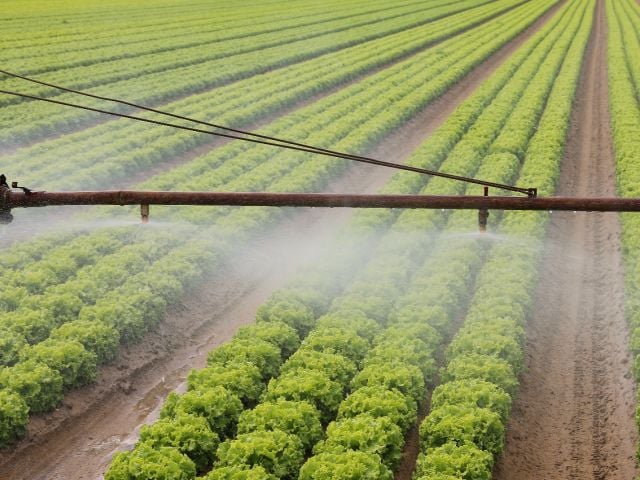EWG Warns of Backlash Against Americans’ Growing Concerns About Ag Pollution
MINNEAPOLIS – In recent months, all 50 states have enacted so-called right-to-farm laws that seek to block citizens from holding industrial animal factory farms and other large-scale agriculture operations accountable for pollution, according to the National Agricutural Law Center.
The private property of people who live near industrial-scale factory farms, which may house thousands of pigs or poultry, is often contaminated by manure. The air and drinking water sources in these communities are also under constant threat. Many of these laws will leave residents of these communities powerless to take action to protect their health, quality of life and property rights.
“Americans are growing more concerned about how the food they eat is grown and produced, and the destructive impacts of industrial agriculture on their drinking water are becoming increasingly clear,” said Craig Cox, Environmental Working Group’s senior vice president for agriculture and natural resources. “We’re seeing a backlash from powerful big ag lobbyists, who are working overtime in state capitals to dismantle environmental regulations and push for measures that shield agribusiness from oversight and legal accountability.
“So-called right-to-farm laws are being created at the behest of local Farm Bureaus to stymie lawsuits by desperate neighbors and roll back regulatory action by local governments whose water and air are fouled with the hazardous pollution generated by massive animal feeding operations and other large-scale industrial operations,” Cox said.
“Now more than ever, Americans need to see these laws for what they actually are: right-to-pollute passes. Lawmakers must stand up for the health and well-being of families who, through no fault of their own, have to raise kids in the shadow of proliferating industrial-scale animal feeding operations.”
Over the past three years, EWG and our partners have conducted a series of groundbreaking computer-assisted investigations into factory farms in North Carolina and the Midwest. We will continue to fight for transparency and accountability in industrial agriculture.



.jpg?h=827069f2&itok=jxjHWjz5)